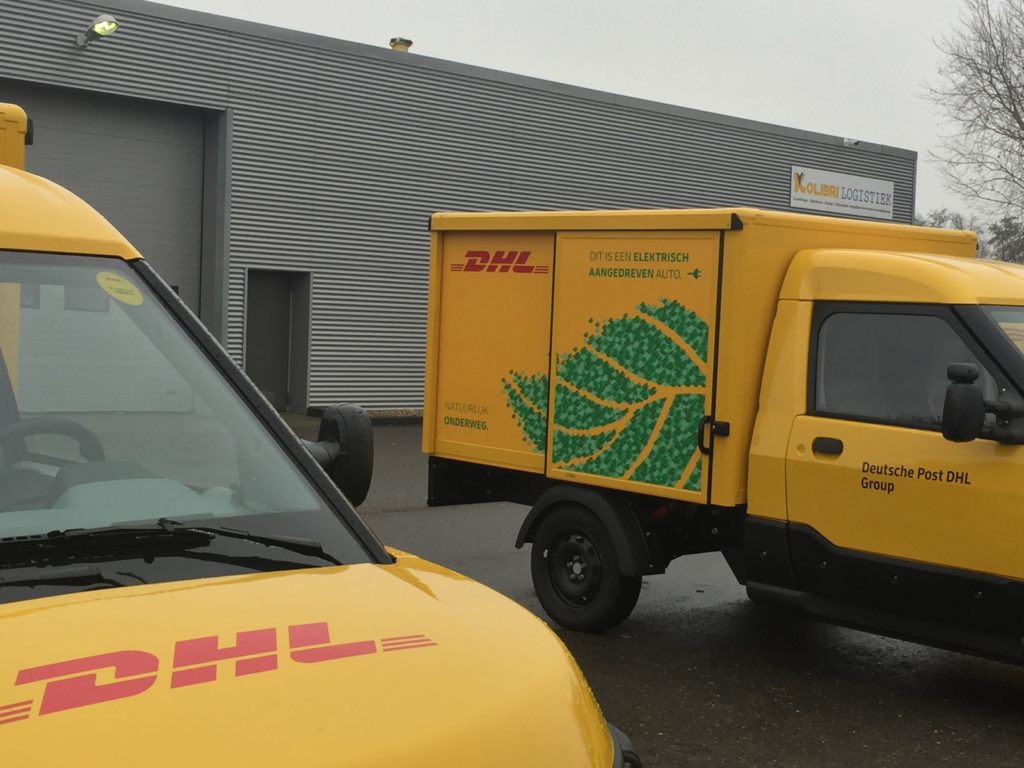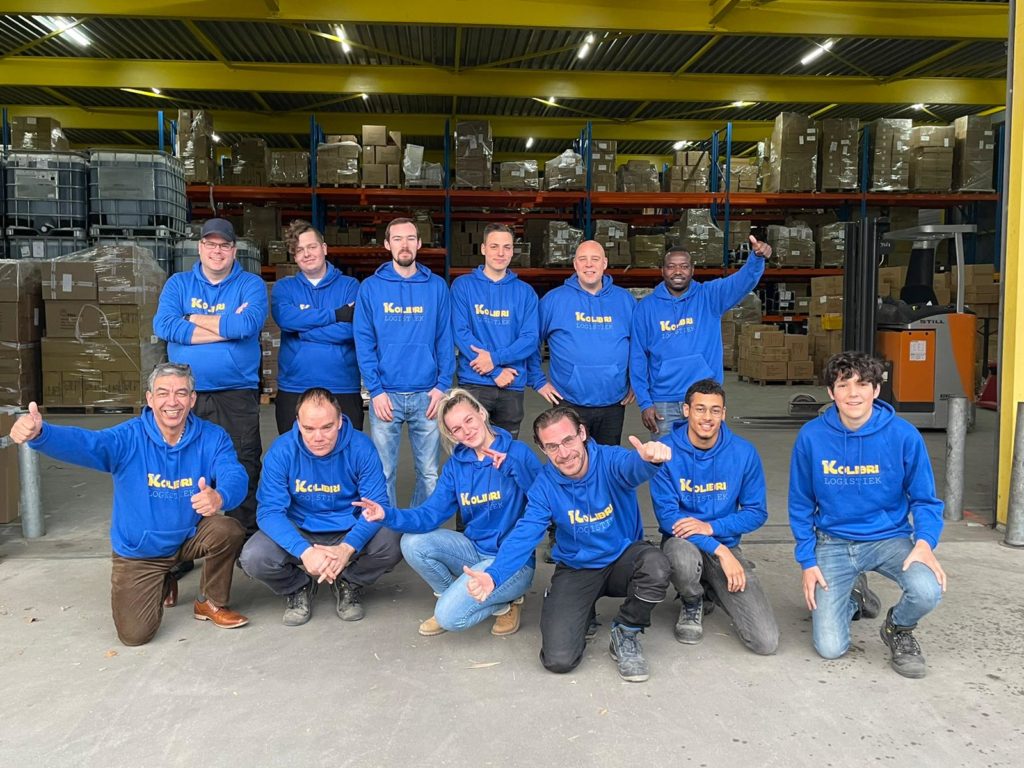LAST MILE DELIVERY
You probably know this image: athletes running a marathon. They have perseverance, are well trained and prepared for the difficulties that they know are going to come during the 42 kilometre-plus run. They also know that all these efforts will come to nothing if they are not still good in the last kilometre and a half. That is when it is decided who will win and who will lose. It is then that concentration and organisation, perseverance and resistance to setbacks and fatigue are required. That last essential kilometre and a half determines whether you reach the finish line…or not.
When delivering a package to your customer, both B2C (Business to Consumer) and B2B (Business to Business), it works exactly the same. You have succeeded in making a good product at a price that is competitive. You’ve also managed to reach customers, interest them and get them to buy your product. But what is all that preliminary work worth if the wrong product, also damaged, is then delivered in packaging that falls apart? In other words: whether you make it to the finish line or not.
The answer is: nothing. The last step, the last mile delivery, is the shortest in the entire journey from company to customer, but an expensive and crucial one. A lot can go wrong. But it doesn’t have to.
Customer’s expectations
To start with, you have to deal with the customer’s expectations. These expectations are sky-high, because it seems as if everything someone orders must be delivered to their home or company in no time at all. It is no longer just about quality, it is also about speed. Once it was a service, now it is a requirement. So it all comes down on the last mile delivery.
In 2005, the American online giant Amazon was the first to offer delivery within two days, and when it had the capacity to do so, within 24 hours. Amazon now does this with about three quarters of the packages it delivers. To achieve this, efficiency in storage and distribution was improved. And: Amazon delivers extra speed and service to customers who are willing to pay for it (Amazon Prime).
The green last mile delivery
More efficiency and better distribution sounds obvious and easy, but an adequate last mile delivery system requires experience, expertise and technology that can cope with today’s demands. Such a professional logistics system has great advantages. Of course, you do not have to set it up yourself, you just need to know who has the knowledge and facilities. Kolibri Logistiek, for example.

DHL Electrical cars
The French e-commerce website Cdiscount receives more than 2 million visitors a day and sells about 100 products a minute. Of course, they have not been doing that since they opened in 1998, but they are growing very fast. What they have understood at Cdiscount is how storage, selection and last mile delivery must be organised at the highest level. You don’t have to look at that with envy, because that is also possible for your company, even if you only have to send 10 parcels a day. With a well-oiled and proven professional delivery system (such as Kolibri’s), you don’t have to search within your company for where valuable time is lost, or scramble for and reinvest in outdated technology; nor do you have to figure out why the cost of last mile delivery is higher again and where savings can be made.
What does it take to make that last mile and a half run smoothly? First of all: good storage and inventory management. Kolibri Logistiek uses the WMS (Warehouse Management System) which ensures, via a barcode system, that you know exactly what current stock your company has. This is neither too much nor too little, so you never miss out.
Logistics on Champions League level
Then: selecting the right articles. At Bol.com they are always looking for order pickers, a job that has not existed for very long. They know the art of picking the right products for an order quickly and effectively (order picking). This sounds like putting an article in a basket, but it is more complicated. There are many ways in which a company can organise order picking, but the questions are the same. Will your organisation be under pressure when more customers arrive? Can you adapt your system if more different items are sold? Which system do you choose and how do you know what works for you? And probably the most important: why should you do it yourself?

Part of the team on our location in Bergambacht. These guys (and girls!) will help you to perfectly achieve the last mile delivery.
Good, you have your article in stock and the right products for an order have been selected. But you are not there yet, because sometimes it is necessary to relabel a product in a different language or for a different brand. Or articles may need to be (re-)packed. Finished? Then we come to the last crucial steps.
These are adequate distribution and track & trace (T&T). According to the Dutch Ministry of Infrastructure and Water Management (a March 2022 study), during Covid online shopping increased by 58% and home delivery of other online purchases increased by 40%. That is a lot. Earlier in 2020, Accenture Covid-19 Consumer Pulse Research found that 80 to 84% of respondents want to continue making more online purchases after Covid. So Covid has given online buying a boost. That means more potential customers, but also more demanding consumers.
Track & Trace
Therefore, ensure with communication and transparency that your customers see where their product is via a real-time tracker. So they know if their product is ready for shipment, if it is on its way and where it is. It prevents frustration and questions. It also prevents a setback for you, because not being able to deliver and having to try again later means extra time, extra planning and extra costs.
There is one final factor: anticipation. Because what does the future bring? A future that is always near in terms of last mile delivery. Customers want to determine more often and more precisely when something will be delivered. Is your company that flexible? And: does it take sufficient account of seasonal peaks around holidays? Can your company handle that?
It seems like the last mile is getting shorter and shorter. Fortunately, Kolibri Logistiek knows every step of the way, based on knowledge and experience in multiple fields such as webshop fulfillment and healthcare logistics; and Kolibri is SKAL certified to provide in the supply chain of organic products.


